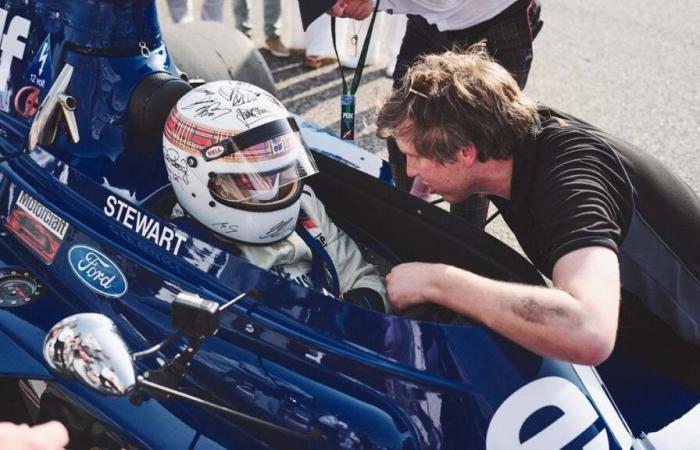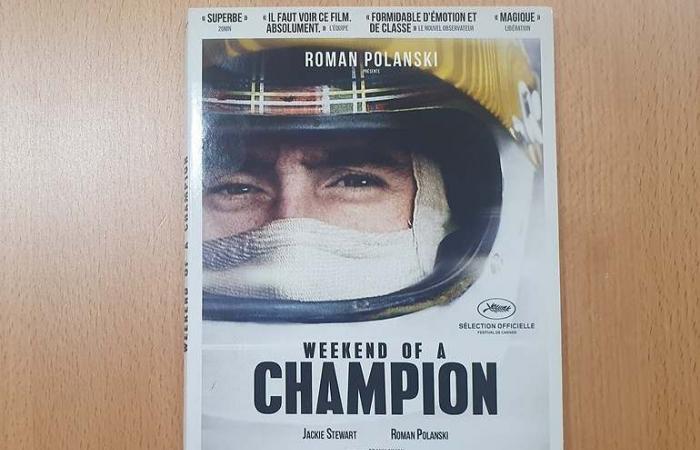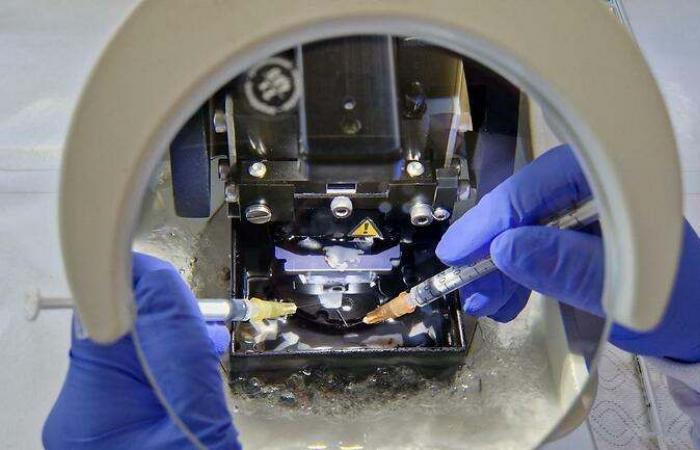At 85, the expilot and creator of the Stewart team (today, converted into Red Bull Racing) continues to seek support for the scientific struggle against dementia.
It is not normal to get to a Formula 1 car at 85 years. Covered with a helmet with colors recognizable by several generations, full of autographs of famous steering wheel such as Michael Schumacher or Lewis Hamilton, Jacky Stewart was at the wheel of his former Tyrrell 006 last April. It was in Bahrain, coinciding with the Formula 1. Sir Jacky Stewart prize, the flying Scottish, was never a “charado” of speed. It was the fastest, “The Lord of the Rain”, a teacher of softness and precision, and climbed into the car that made him world champion to get funds for a good cause: the Research to fight dementia.
After his wife was diagnosed with dementia in 2014, Stewart concentrated his efforts on finding a solution to the illness, with which he says, live 55 million people and who will suffer from one in three people That they are born today.
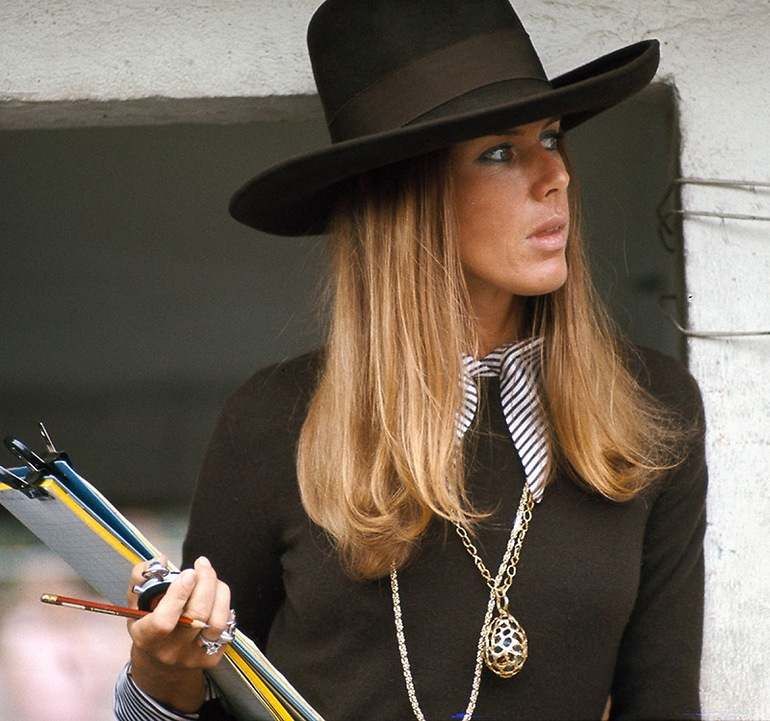
Helen Stewart was not one of the “girls in Formula 1”, her presence was forced in the box as incontestable timer- “to the thousandths”-, in the same way as true co-star of the film-documentary of Roman Polanski “Weekend of a Champion”.
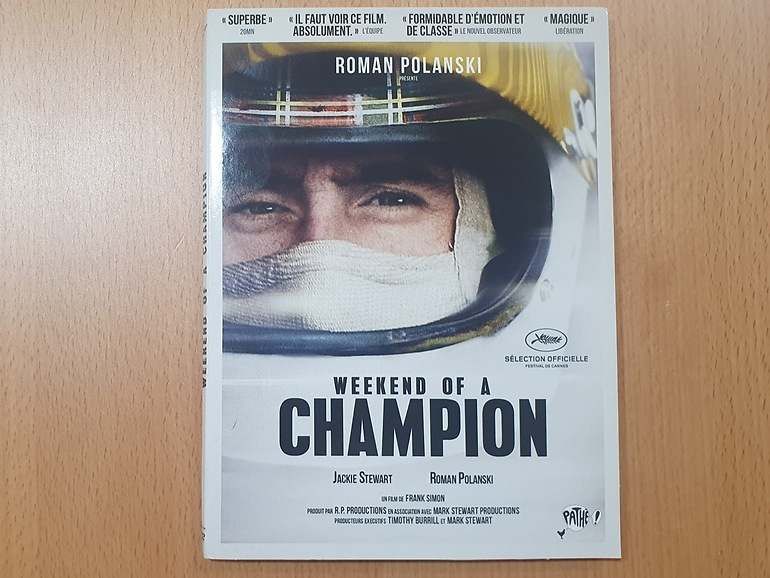
“Race against dementia” -RAD– (Race against dementia) is the name of the project that finally emerged in 2016, Together with the founder of the Dyson brand. Knowledgeable of how Formula 1 continuously pushes limits From knowledge, Stewart intends to find solutions to the disease by applying the same methodology. Looking for the collaboration of the best in diverse fields and sometimes unsuspected. He knows it well, because Stewart was not only three times F1 world champion, but founded a team with his name, which Ford would later acquire to participate under the Jaguar brand, before becoming the current Red Bull Racing.
-Innovate, quick and meaning
For Stewart, the success in F1 is based on the Innovation, precision and sense of urgencyteamwork with the best, with new talents and good coordination, based on mutual respect and where each one contributes their expertise. Moved to RAD, they finance teams, laboratories and scientists of different levels with the same sense of purpose. The work deadlines have extended to five yearsto allow more flexibility and experimentation, but with rapid allocations of funds to concentrate on the priority: research.
Works in Nature have already been published with Substantial advances in Alzheimer’sone of the associated diseases, performed by the University of Edinburgh. It has even worked with live brain cells, obtained from donors who yielded them when they had to be removed as a consequence of some operation.
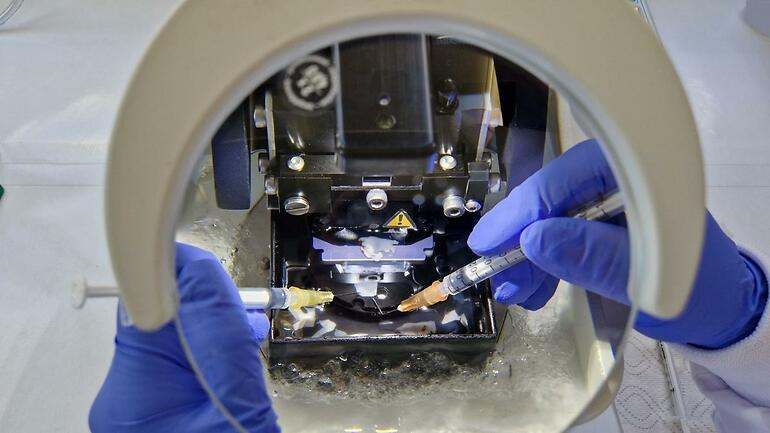
Diverse field participants
As in F1, it sets important aspects in its work, such as detail attention, iterative improvements or resilience (research takes time and must be concentrated despite setbacks). And, of course, to the fact of pay attention to inspirators and talents of the most diverse fieldscome from the car, bioscience, high technology or the world of private capitals.
Good luck, Stewart, and let’s get ahead of dementia: according to its data, the company could save 2.8 billion (“Trillion”) of euros in 2030 in patient attentionnot to avoid avoiding some of the dramas that are lived in the families of those affected.

